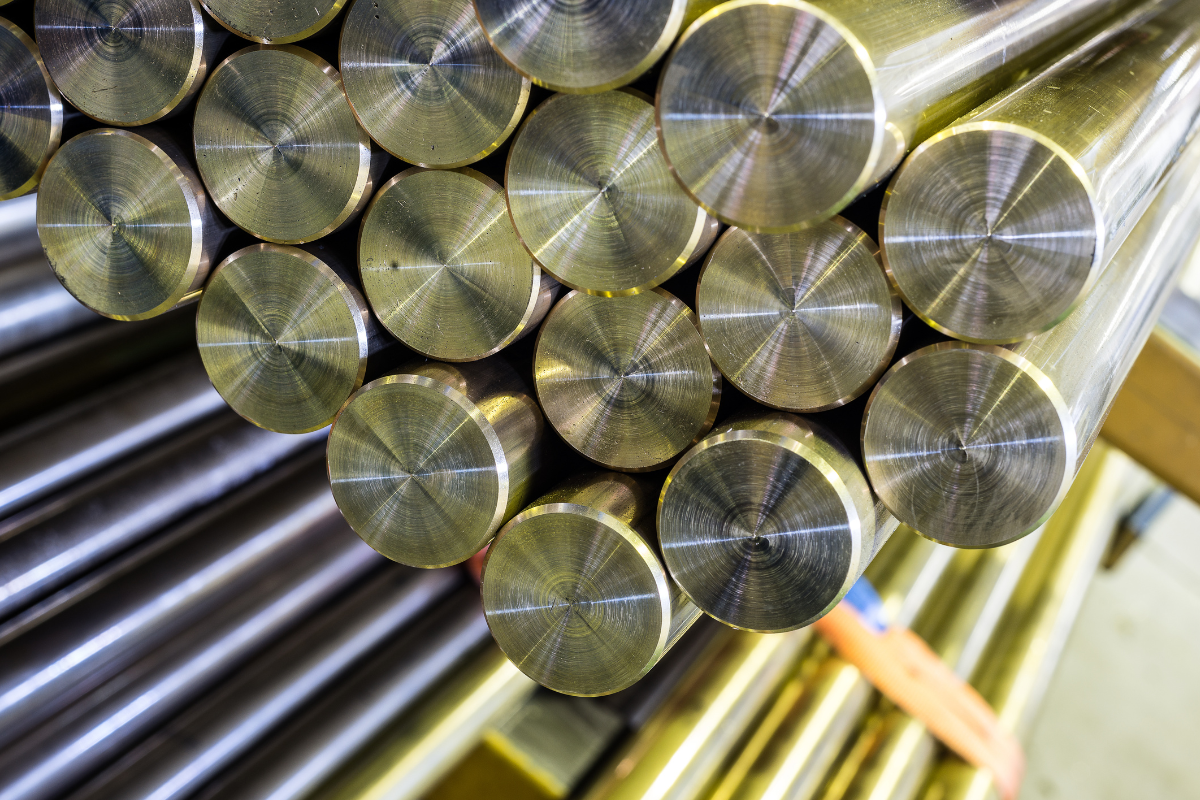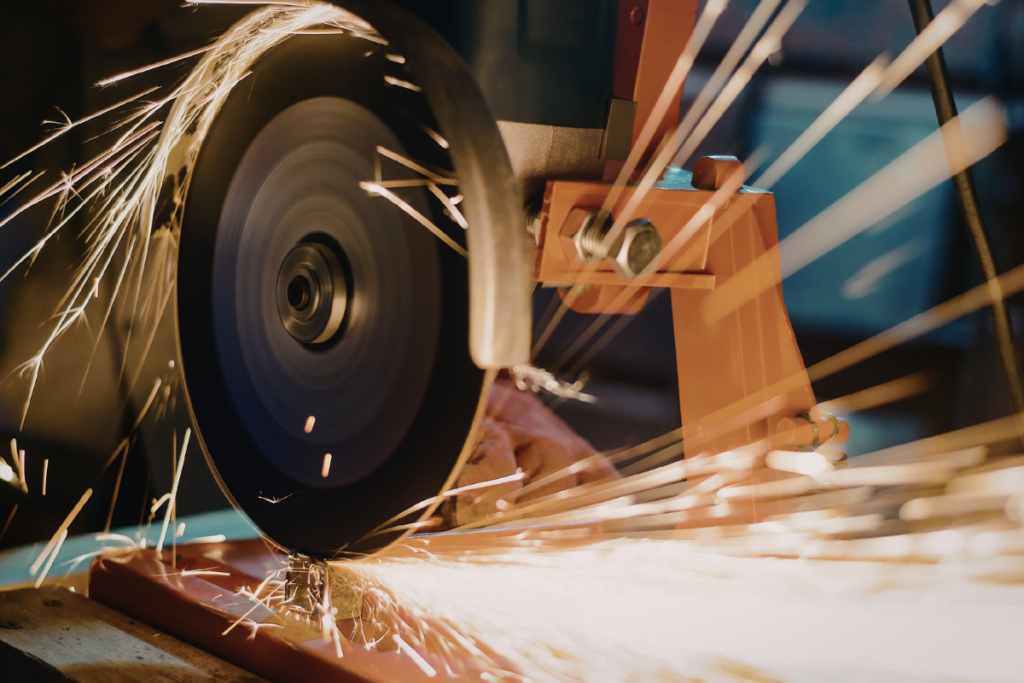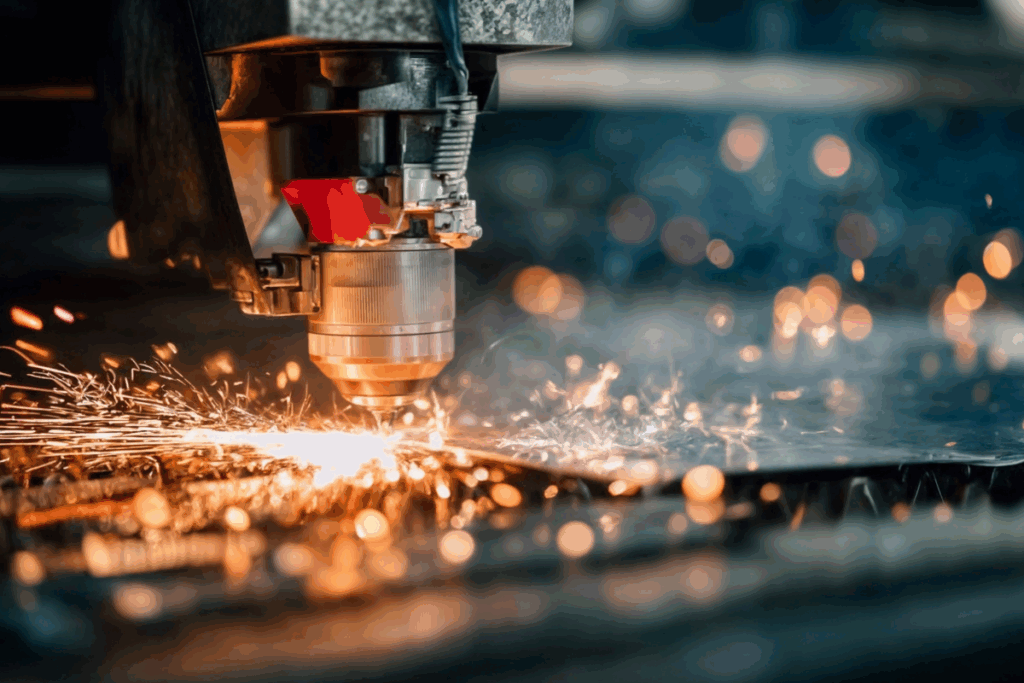Off-road vehicles for agricultural, construction, mining, and other applications work under extreme industrial conditions. Their durability requires solid, reliable fabrication using the right materials for its various parts and components.
With all the different metals and specialty alloys available for fabrication, off-road equipment manufacturers might not be sure which materials are best to use in each component.
This month’s blog covers the material selection process at AC Fabrication & Assembly Solutions and which construction materials work best in various applications.
How Materials Are Selected For Off-Road Fabrication And Assembly Projects
Choosing the right material for your project is a decision that must be made carefully and with diligence.
Our team of engineers ensures you aren’t doing it alone. As a leading agriculture equipment manufacturing company, we will sit with you during the design phase to learn about every detail of your project. Our goal is to simplify the entire process by narrowing the long list of available materials to a recommended few so you can make an informed choice with confidence.
Whether you’re casting a small part or having us build an entire vehicle for you from scratch, no detail is left untouched as we map your project out together. After a complete analysis of your project, we present our materials recommendations for each part based on several factors.
What To Consider When Choosing Materials
Our materials recommendations ensure the highest quality results that deliver unparalleled performance and durability. Here is a sample of the determinations we use to shortlist specific materials.
Can The Material Be Machined?
If the piece needs to be cut, drilled, or shaped, it might be best to go with softer materials such as aluminum or brass. More rigid materials, including stainless steel and titanium, are harder to machine and can raise costs due to tool wear and breakage.
Will Two Different Types Of Materials Be Welded Together?
Using compatible materials is critical when welding is required, as not all materials can be successfully joined. For example, steel cannot be welded to aluminum or titanium, so we recommend alternatives to one of the two materials with one that is more favourable to creating a strong join.
Read More: Is Casting Or Fabrication Better For Your Application?
Will The Material Need To Conduct Electricity?
Some applications require a material with high electrical conductivity that can effectively dissipate heat during fabrication and routine use in the final product. Brass and copper are excellent materials for this.
Is There A Need For Thermal Conductivity?
If your project needs to transfer heat efficiently, steel, titanium, and magnesium are excellent options that provide maximum thermal conductivity.
Will The Part Need To Be Impact-Resistant?
This is critical in most off-road vehicle applications, but especially in defence applications. We recommend materials such as ceramics and titanium that can disperse kinetic energy on impact.
Will The Part Be Subject To Outdoor Elements?
Off-road components are often subject to extreme temperatures, corrosion, and other environmental factors in their normal daily functions. We recommend materials with superior heat resistance, including stainless steel, titanium, nickel, or ceramic to maximize performance under these conditions.
How Important Is A Smooth Surface To The Application?
We recommend aluminum and copper if your part requires a smooth surface finish to minimize friction, enhance performance, and extend its lifespan. Other materials, such as titanium, are harder to work with to attain a smooth finish.
Does Your Component Require A Custom Finish?
Aesthetics often play a part in the final product. Stainless steel is effortlessly polished, coated, and painted, making it an excellent choice when a visually appealing result is required.
Will You Need A Material That Is Chemical Or Flame-Resistant?
We recommend metal, ceramics, plastics, glass, and their composites if chemical resistance is needed in the final application. Additionally, our team will add metal or glass to the shortlist if you need non-combustible materials.
Common Fabrication Materials Used In Off-Road Applications
Here is a quick roundup of the most common materials used in fabrication projects, along with their qualities:
| Material | Qualities |
| Aluminum | Flexible, lightweight, corrosion-resistant, and an exceptional strength-to-weight ratio |
| Brass and copper | Easy to fabricate, attractive, and offers high electrical and thermal conductivity |
| Carbon steel | Easy to fabricate, offering superior strength and durability |
| Ceramic and titanium | Lightweight, strong, lightweight, corrosion-resistant, and a high strength-to-weight ratio |
| Glass-reinforced polymers | Strong, versatile, lightweight, and corrosion-resistant |
| Magnesium | Light, strong, and offers excellent thermal properties |
| Stainless steel | Strong, durable, corrosion-resistant, and available in different grades |
The number of options and factors to consider may seem overwhelming, but with the team at AC Fabrication & Assembly Solutions by your side, you’re assured of exceptional results every time.
Read More: Our Solutions
AC Fabrication And Assembly Solutions: Your Partners In Quality Off-Road Parts And Components
With 300 years of combined experience under our belts, AC Fabrication & Assembly Solutions offers unparalleled quality, durability, and service you won’t find with any other supplier, delivered by skilled technicians whose primary goal is to create sustainable growth for our customers.
Contact an AC Fabrication and Assembly Solutions expert at 204-952-1900 or sales@acfabandassembly.com for a custom quote on your next project today!



